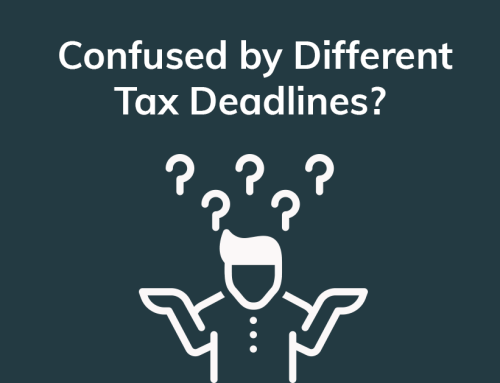As the referendum approached last week, we had a look at the decisions that the country was being asked to make – and how they could affect you, as freelancers, contractors and small businesses. Well, now the votes have all been cast and we can officially say that the United Kingdom will be leaving the European Union. So what happens next?
Final result: Leave 51.9% – Remain 48.1%. Explore the full results: https://t.co/4hLZog4LtF #EURef pic.twitter.com/MKRPe9WJe1
— BBC Referendum (@BBCReferendum) 24 June 2016
The first thing to acknowledge is that, although the result may now be certain, the road ahead is little clearer than it was last week. Partly, this is because only one country has ever made a similar move away from the EU – Greenland – and their withdrawal was all the way back in 1985.
What we do know is that exiting the EU means triggering ‘Article 50’ and, once we do that, it won’t equate to change overnight. Instead, we can expect leaving the EU to be a lengthy process, taking at least 2 years and potentially far longer as the individual nations involved negotiate for the terms of the country’s exit.
That said, we’re already seeing some changes – particularly in the economic sphere – as a direct result of the UK’s referendum decision.
You’ll be hearing plenty about Article 50, find out what it is here https://t.co/izHiMX0pcd #Brexit pic.twitter.com/XYXOyuFsXQ
— BBC News (UK) (@BBCNews) 24 June 2016
The Immediate Impact
- Conservative Party shake-up: In a move which was expected by many, Leave Campaign’s win was quickly followed by the resignation of Prime Minister David Cameron. While his resignation speech reiterated the Remain campaign’s position that ‘Britain is stronger, safer and better off inside the European Union’, Cameron was also clear that ‘the will of the British people must be respected.’
There is no exact timeframe for his departure; however, he suggested that a new Conservative leader – and therefore new Prime Minister – should be installed by October, just three months away. This will certainly have wide-reaching ramifications, for contractors and small businesses as well as everybody else, as the direction that the conservative party chooses to go in will affect everything from taxes to business regulations.
- The pound ‘crashes’: At the time of writing the pound has fallen to below $1.35 for the first time since 1985, meaning that the pound is weak against the dollar and other currencies. The stronger the pound is, the better deal we get on trade – so this could mean that businesses are paying more to deal internationally.
- Scottish independence back on the table: Nicola Sturgeon has confirmed what many predicted by suggesting that the Scottish Government will now begin taking steps towards a second Scottish independence referendum. Every voting bloc within Scotland had a majority remain vote, so this will allow Scottish people to have more of a say over the future of their country. Again, this could have trade implications should they vote for independence, and either way increases economic uncertainty.
How Leave won the referendum https://t.co/In4kzT0FEO #EUref #Brexit pic.twitter.com/oapN4LR55c
— BBC Referendum (@BBCReferendum) 24 June 2016
What Does the World Think?
A number of global leaders have already weighed in with their opinions on the results. While it’s too early to have anything concrete, the sentiments being expressed are a key indicator of the tone that negotiations may take.
German Chancellor, Angela Merkel, is urging people to remain ‘calm and composed’, suggesting that she remains open to hearing the UK’s position – the main thrust of her argument being that European countries need to maintain good relations.
Meanwhile, the Kremlin have extended a hand emphasising ‘the need to build good relations’ between the two countries – and the development of our relationship with Russia in coming months will certainly be interesting to watch.
A key part of the Leave Campaign’s argument has been the possibility of opening up more trade options with countries such as America, India and China – all of which have large economies, so their voices will be particularly interesting when it comes to assessing future economic impact.
So far, we have only heard from Joe Biden, who has the simple message that this was not the result America wanted. At this point, of course, it would be wrong to read too much into that, as practical concerns will be more likely to govern the direction of ongoing negotiations.
So, What Now?
Although there’s little we can tell you right now about how your taxes, business costs, and regulations will change, it’s already possible to see the beginnings of the ongoing development process. Of course, if you’re involved in freelancing, or operating a small business, you’ll already know all about the heady process of change that comes with any step into the future – so there’s every reason to stay optimistic.
The future unlikely to be as bad as Remain forecast nor as good as Leave did. Truth is no one knows. This is a massive step into unknown
— Nick Robinson (@bbcnickrobinson) 24 June 2016
ICS take the hassle out of accountancy, tax and administration for freelancers, contractors, and small businesses. Read tips and news updates on the ICS Blog, or contact us today on 0800 195 3750 to find out more.
















